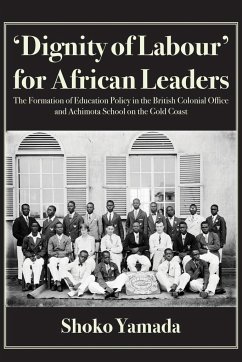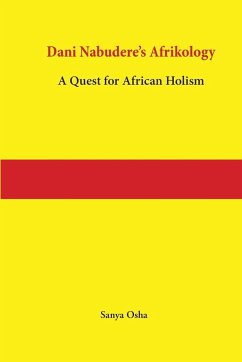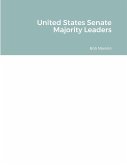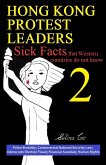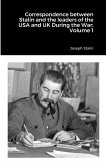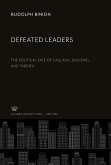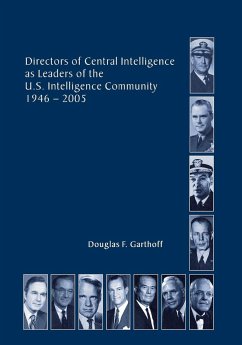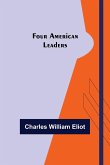From 1910 to the 1930s, educating Africans was a major preoccupation in the metropole and in the colonies of imperial Britain. This richly researched book untangles the discourse on education for African leaders, which involved diverse actors such as colonial officials, missionaries, European and American educationists or ideologues in Africa and diaspora. The analysis is presented around two foci of decision-making: one is the Memorandum on Education Policy in British Tropical Africa, issued by the British Colonial Office in 1923; another is the Achimota School established on the Gold Coast Colony (present-day Ghana) as a model school in 1927. Ideas brought from different sources were mingled and converged on the areas where the motivations of actors have coincided. The local and the global was linked through the chains of discourse, interacting with global economic, political and social concerns. The book also vividly describes how the ideals of colonial education were realized in Achimota School.

